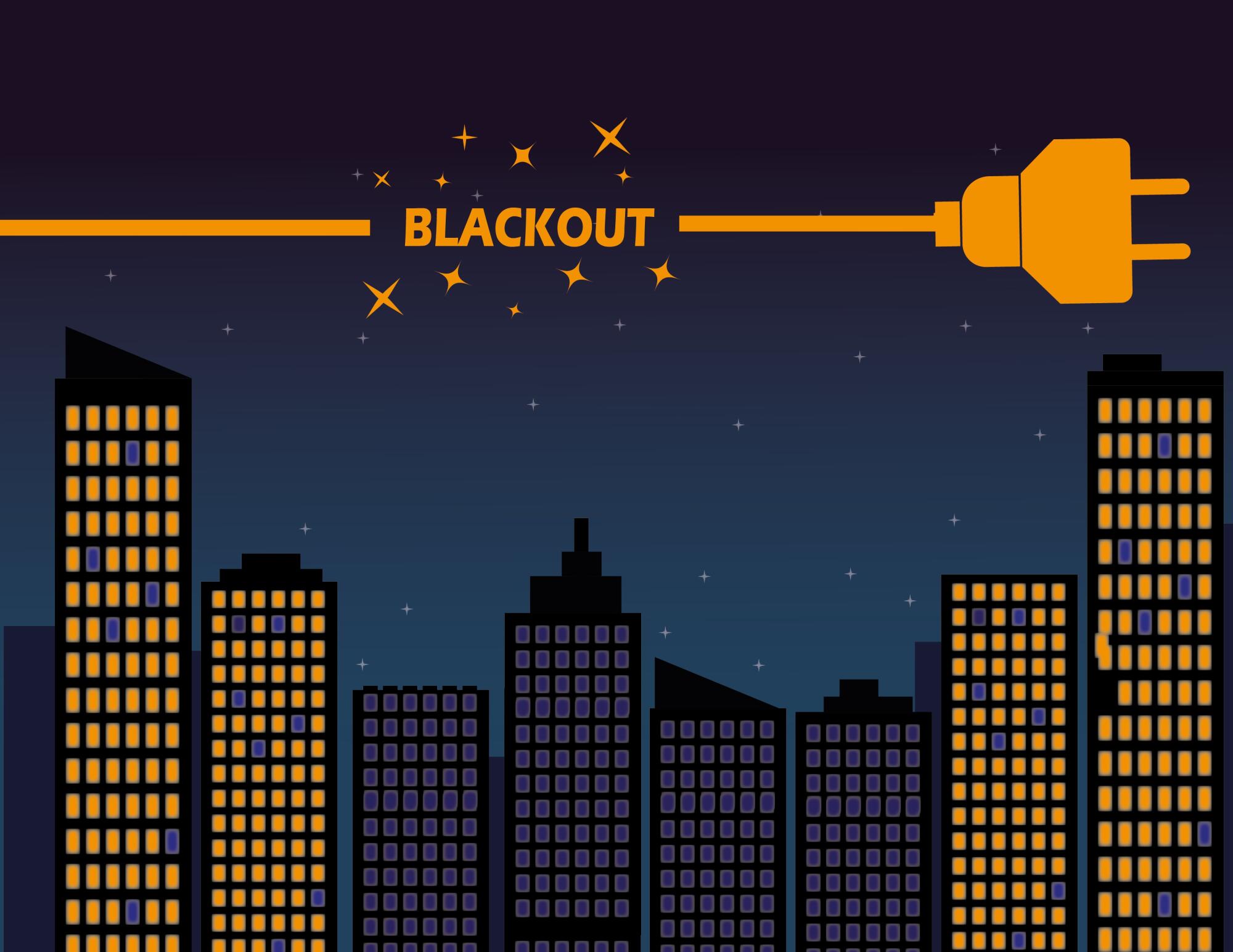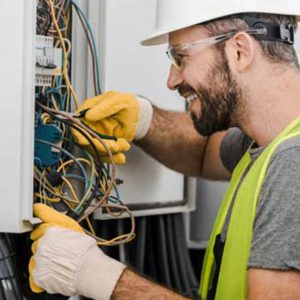An emergency generator is essential in power outages. Do you know its correct placement and usage? Proper use ensures reliable home backup power.
Incorrect use can be dangerous for you and others. Safety must always be the priority. Where should you place your emergency generator?
This blog will guide you through the best practices. Learn how to avoid common mistakes people make. Secure your home backup power safely.
Reading this will help ensure your family’s safety. Follow these tips for peace of mind. Let’s dive into the essential safety measures now.
Choose a Safe Location
Selecting the right spot for your emergency generator is vital for safety and efficiency. Always place the generator outdoors, away from windows, doors, and vents. Generators produce carbon monoxide, an invisible, odorless gas that can be deadly.
Keeping it outside minimizes the risk of this gas entering your home. Ensure the generator is on a dry surface, free from rain or snow, to prevent electrical hazards. A level, stable ground is best to avoid accidents.
Choose a well-ventilated area to allow the exhaust to disperse safely. Never place the generator in an enclosed area like a garage or basement. Always maintain a safe distance from living areas to protect your home and family.
Maintain Proper Ventilation
Proper ventilation is essential when operating your emergency generator. Ensure the area around the generator is clear to allow fresh air to flow freely. Restricted airflow can cause the generator to overheat and fail, or worse, lead to the build-up of dangerous fumes.
Place the generator at least five feet away from surrounding objects, including walls, fences, and other equipment. Never enclose the generator with a cover that traps heat and exhaust gases.
Check to confirm exhaust outlets are free from obstructions like debris or leaves. Make sure the wind direction does not blow exhaust gases towards your living areas. Good ventilation guarantees safe and efficient generator operation.
Use the Right Fuel
Using the correct fuel for your emergency generator is crucial for its performance and longevity. Always refer to your generator’s manual to know the recommended fuel type. Most generators run on gasoline, diesel, propane, or natural gas.
Ensure you use fresh fuel to keep your generator running. Stale fuel can cause engine problems and reduce efficiency. Store your fuel in approved containers to prevent leaks and spills.
When refueling, always turn off the generator and let it cool down to avoid fires. Avoid overfilling the tank to prevent spills. Check fuel lines and filters for any signs of wear or damage.
Perform Regular Maintenance
Performing regular maintenance on your emergency generator is essential for reliable operation. Start by reading the user manual to understand the maintenance schedule. Check the oil level and change it to keep the engine running.
Inspect air filters and replace them if they are dirty or clogged. Examine the spark plug and clean or replace it as required. Keep the generator clean by wiping down dust and debris.
Test your generator periodically by running it for a short time, ensuring it starts and operates. Check for any leaks or loose parts.
Secure the Generator
Securing your generator is imperative to prevent theft, vandalism, and damage. Fasten your generator to a stable, immovable object using a heavy-duty chain and a sturdy padlock. This will deter thieves and ensure the generator stays in place during operation.
It is also beneficial to install a security camera or motion-sensitive lighting near the generator’s location to monitor it constantly. Cover your generator with a protective enclosure to shield it from harsh weather conditions without compromising ventilation.
For added security, always keep the generator in a well-lit area visible from your home. Investing in the best emergency generators guarantees reliable backup power and ensures your investment is well-protected.
Handle Electrical Cords with Care
Handling electrical cords safely is crucial to avoid accidents and ensure the proper operation of your emergency generator. Use outdoor-rated extension cords that can handle the generator’s power output and are free from damage.
Inspect cords for cuts, frays, or exposed wires, and replace any damaged ones immediately. Keep all cords away from water to prevent electrical shocks. Never overload a cord by plugging in too many devices.
Run cords in a way that prevents tripping hazards and keeps them out of high-traffic areas. Avoid placing cords under rugs or furniture where they can overheat. Ensuring your electrical cords are in good condition helps maintain a safe and effective generator setup.
Keep Stored Fuel Safely
Proper storage of fuel for your emergency generator is crucial for safety and efficiency. Store fuel in approved, sealed containers to avoid leaks and spills. Keep the containers in a cool, dry place away from direct sunlight and heat sources to prevent combustion.
Ensure the storage area is well-ventilated to avoid the build-up of vapors. Label each container with the type of fuel and the date of storage to keep track of its freshness.
Avoid storing large quantities of fuel indoors; instead, use a shed or an outdoor storage unit designed for flammable materials. Inspect the containers for any signs of damage or deterioration to prevent hazards. Safe fuel storage ensures your generator runs when needed.
Have an Emergency Plan in Place
Having an emergency plan is crucial to ensure the safety and preparedness of your household during a power outage. Start by discussing the plan with all family members so everyone knows their role.
Outline the steps for operating the generator, including the home generator installation process, and make sure it’s written down in an accessible location. Keep contact numbers for emergency services, utility companies, and a trusted electrician handy. Conduct regular drills to ensure everyone remembers their responsibilities.
Make a checklist of essential items such as flashlights, batteries, and non-perishable food. By having a clear and simple emergency plan, you instill confidence and ensure smooth generator operation during unexpected power failures.
Learn More About Maximizing the Safety of an Emergency Generator
Following these guidelines ensures safe emergency generator use. Correct placement and ventilation are crucial for preventing accidents. Using the right fuel enhances generator performance and durability.
Regular maintenance keeps your emergency power solutions reliable and efficient. Securing the generator prevents theft and vandalism. Safe handling of electrical cords minimizes accident risks around the setup.
Having an emergency plan ensures everyone acts swiftly during power outages. Keep your family safe with these emergency power solutions.
Did you find this article helpful? If so, check out the rest of our site for more informative content.





Be First to Comment